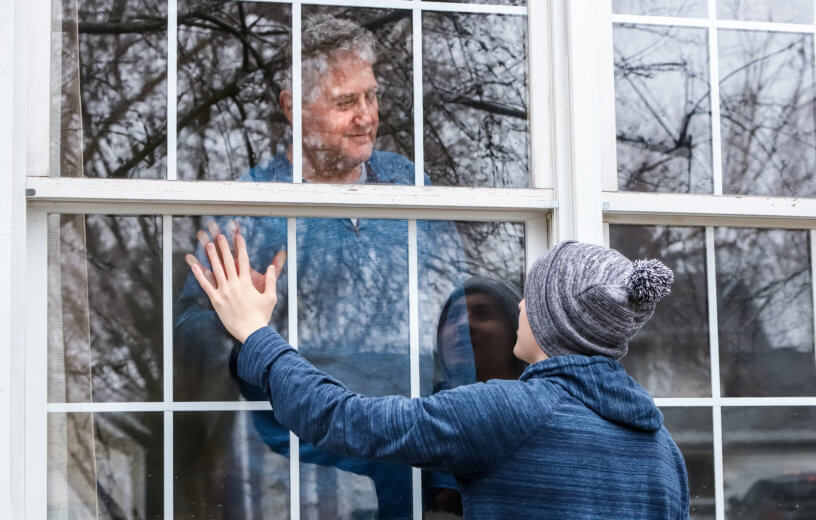ATLANTA, Ga. — Since the start of the coronavirus pandemic, the world has been looking for some sign life will eventually return to normal. Even with the rollout of COVID-19 vaccines, health officials have advised the public to maintain strict enforcement of virus safety protocols. Now, the Centers for Disease Control and Prevention are literally providing a breath of fresh air to people receiving the coronavirus vaccine. CDC officials say people who get fully vaccinated no longer need to quarantine at home if they are exposed to a person with the virus.
For some regions of the United States, government officials have ordered residents to quarantine for two weeks just for traveling to the “wrong” states. These new recommendations, released on Feb. 10, apply to recipients who are within the first three months of receiving their final COVID-19 vaccine dosage.
“Fully vaccinated persons who meet criteria will no longer be required to quarantine following an exposure to someone with COVID-19,” the CDC writes in a media release.
Noting the physical and mental trauma continued isolation has had on the public, the CDC says the damage of quarantine is likely greater at this point than the threat of COVID for vaccinated people.
“Additionally, individual and societal benefits of avoiding unnecessary quarantine may outweigh the potential but unknown risk of transmission, and facilitate the direction of public health resources to persons at highest risk for transmitting SARS-CoV-2 to others. This recommendation to waive quarantine for people with vaccine-derived immunity aligns with quarantine recommendations for those with natural immunity, which eases implementation,” the agency explains.
How can you avoid quarantine?
While the end of quarantine measures is welcome news, health officials say the public needs to meet three key requirements. The first step is getting the COVID-19 vaccine. This may come in one dose or two doses which patients receive 28 days apart.
If exposed to someone with COVID-19, the vaccinated person must also be within a three-month window of receiving these injections. For people getting the two-dose vaccine, the window opens after receiving the second shot. Finally, the person must remain asymptomatic following their possible exposure to the virus.
If someone doesn’t meet all three of these guidelines, the CDC is recommending that person enter the standard quarantine protocols.
“Fully vaccinated persons who do not quarantine should still watch for symptoms of COVID-19 for 14 days following an exposure. If they experience symptoms, they should be clinically evaluated for COVID-19, including SARS-CoV-2 testing, if indicated,” the CDC adds.
Some people will not qualify for COVID quarantine exemption
Unfortunately, not everyone who gets the vaccine will have these freedoms. The CDC guidelines recommend that anyone staying in a hospital or living in a heath care facility (like a nursing home) continue to quarantine if they suspect they’ve been exposed to COVID. Health officials note the high risk of severe infection or death among these groups during the pandemic.
Due to hospital overcrowding or possible staff shortages however, the agency is remaining flexible with this recommendation.
“Although not preferred, healthcare facilities could consider waiving quarantine for vaccinated patients and residents as a strategy to mitigate critical issues… when other options are unsuccessful or unavailable,” the CDC states.
